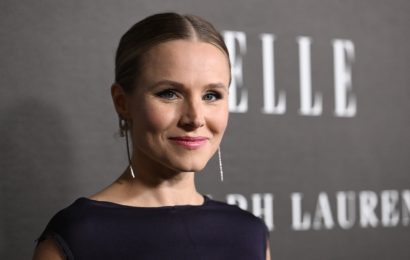
Scientists and philosophers have pondered the nature of consciousness for centuries. But now, researchers from Japan have uncovered new information that challenges previous theories about the relationship between two elements of consciousness.
In a study published this month in iScience, researchers from the University of Tsukuba have revealed that when the perception of bodily self-consciousness is distorted, the recovery of body ownership can be predicted by different kinds of memories.
Bodily self-consciousness arises through a developmental process in which sensory information is integrated with mental representations of the body, and it has specifically been linked to the relationship between body ownership and agency (the sense of being able to control one’s actions at will). However, little is known about the development of body ownership and agency, or how these are restored after injury, something the researchers at the University of Tsukuba aimed to address.
“Clarifying how temporal and dynamic aspects of bodily self-consciousness change over time is crucial for understanding how it is developed,” says main author of the study Professor Jun Izawa. “Specifically, the speed of adaptive recovery in task performance can illuminate the relationship between adaptive adjustments to memory and the recovery of various aspects of bodily self-consciousness.”
To examine this, the researchers decreased the perception of body ownership and agency by inducing a visual distortion while participants grasped an object in a virtual reality environment. They then observed how the participants adapted their movements to the distortion over a sequence of trials, to recover their ability to perform the grasping task.
“We found that the recovery of body ownership was associated with a fast memory process, whereas that of agency was mainly associated with a slow memory process,” explains Professor Izawa.
Thus, while body ownership and agency were restored simultaneously following exposure to the visuomotor distortion, this recovery appears to have been based on two different systems for updating memory, with distinct time courses.
“Our results challenge the conventional framework that proposes that body ownership and agency exist on different hierarchical levels of self-consciousness,” says Professor Izawa. “Instead, the perception of causality and hierarchy between these two elements may be an illusion resulting from the neural processing of parallel streams of information.”
Source: Read Full Article


